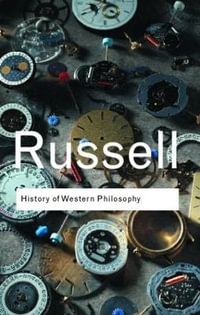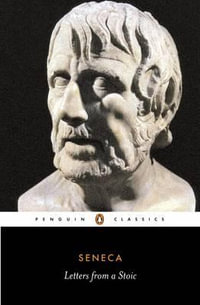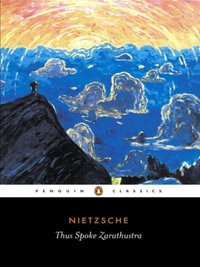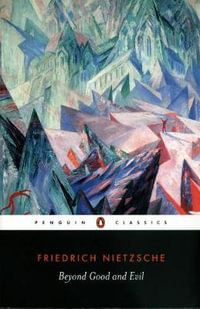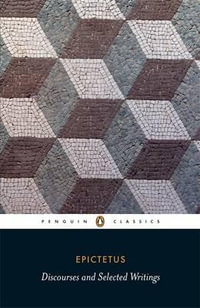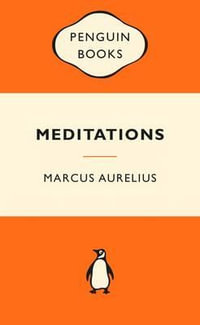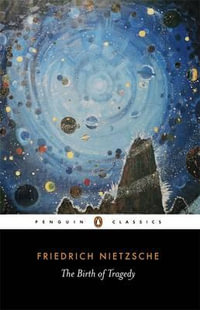Acting Out is the first appearance in English of two short books published by Bernard Stiegler in 2003. In How I Became a Philosopher, he outlines his transformation during a five-year period of incarceration for armed robbery. Isolated from what had been his world, Stiegler began to conduct a kind of experiment in phenomenological research. Inspired by the Greek stoic Epictetus, Stiegler began to read, write, and discover his vocation, eventually studying philosophy in correspondence with Gerard Granel who was an important influence on a number of French philosophers, including Jacques Derrida, who was later Stiegler's teacher.
The second book, To Love, To Love Me, To Love Us, is a powerful distillation of Stiegler's analysis of the contemporary world. He maintains that a growing loss of a sense of individual and collective existence leads to a decreased ability to love oneself, and, by extension, others. This predicament is viewed through a tragic event: in 2002, in Nanterre, France, Richard Durn, a local activist, stormed the city's town hall, shooting and killing eight people. Durn committed suicide the following day. The later publication of Durn's his journal revealed a man struggling with the feeling that he did not exist, for which he tried to compensate by committing an atrocity. For Stiegler, this exemplifies how love of self becomes pathological: a "me" assassinates an "us" with which it cannot identify.
Industry Reviews
"Bernard Stiegler is among the most important and original French philosophers to emerge after the generation of Derrida and Deleuze, broadly more consequent - and more of a 21st century thinker - than some better known names. With the two short and more "personal" monographs that form Acting Out, he will reach a wider audience and find his way toward the center of critical debate. Both monographs are superb portals to his thought and are seminal episodes in his vaster project. How I Became a Philosopher, a fascinating and arresting account of the non-academic "origins" of Stiegler as writer-thinker, raises the specter of where philosophy "changes the world" (Marx), but also where the world can be reinscribed in a philosophic-social act of an authorship; To Love, To Love Me, To Love Us interrogates the figure of "love" in the context of a contemporary "technology of the spirit," penetrating and challenging the cognitive regimes of contemporary politics." - Tom Cohen, SUNY at Albany

